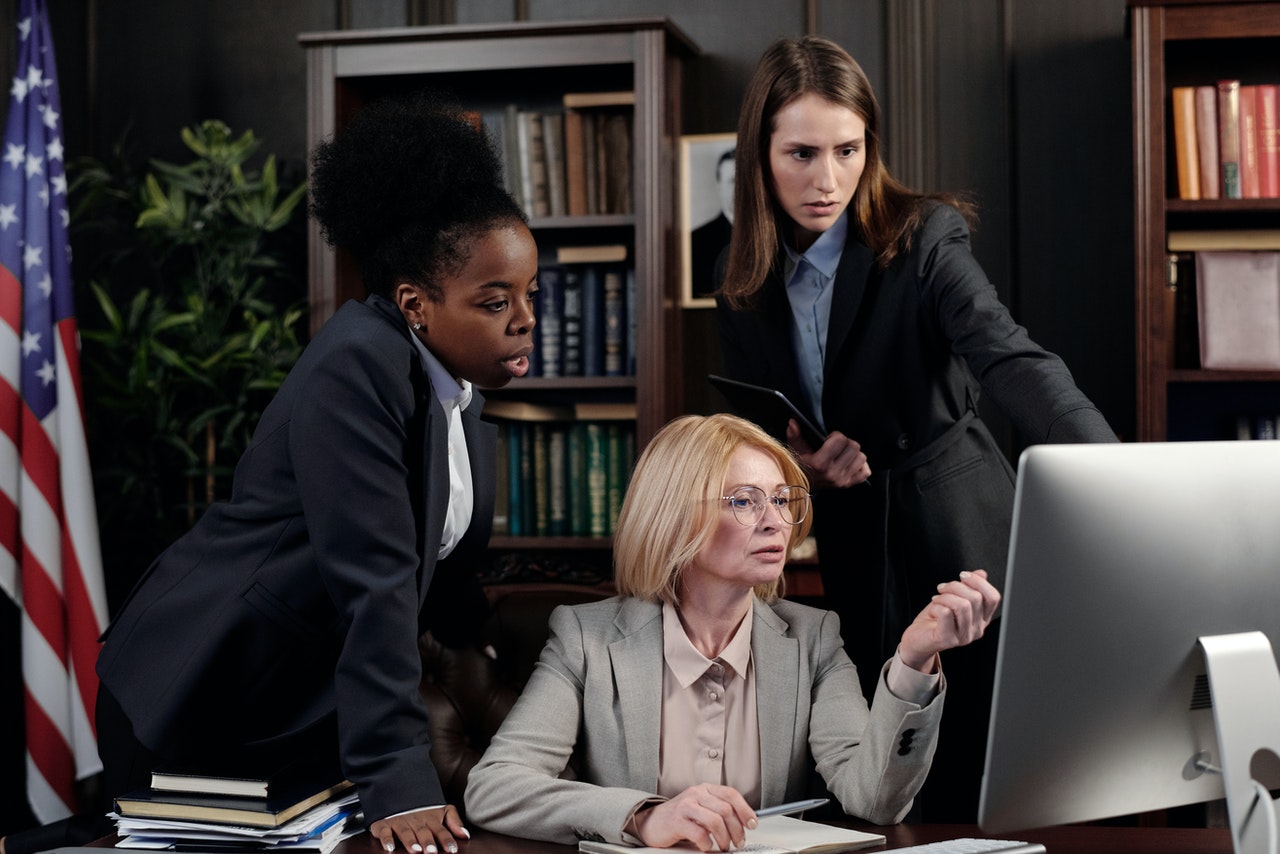Privacy is very important today where we are always being watched. We should have privacy in our personal lives. But, the idea of privacy is not clear today. We wonder if there is a right to privacy in the Constitution.
The Constitution of the United States does not say “right to privacy” directly. But some amendments suggest this idea. The Fourth Amendment gives us protection from the government looking into our lives without a good reason. It says we have the right to be safe in our homes and with our things.
The Fifth Amendment lets people choose not to talk so they do not accuse themselves. This amendment, known as the ‘right to remain silent,’ helps people keep private things secret in court.
The Ninth Amendment is important for privacy too. It says just because some rights are listed in the Constitution, it does not mean other rights are not important. People can do what they want if it does not hurt others.
The Supreme Court has made the idea of privacy stronger over time. For example, in the case of Griswold v. In 1965, Connecticut had a case in the Supreme Court. The court said people have a privacy right. This right comes from the First, Fourth, Fifth, Ninth, and Fourteenth Amendments. The case was about married people and birth control.
In 1973, there was another case called Roe versus Wade. The Supreme Court said women can have abortions in some cases. They said it is private for a woman to make choices about her body.
The right to privacy is often talked about in America. The Supreme Court said this right is real, even if it is not in the Constitution. Here are a few big cases:
The Griswold versus Connecticut case was in 1965. It was about privacy for married people and birth control. The Supreme Court said the Constitution protects this privacy. This helped make birth control legal. It also helped later privacy cases.
Roe versus Wade is a famous case from 1973. It let women decide on abortions. The Supreme Court said the Constitution’s privacy right covers this. Many people still argue about this.
In 2003, Lawrence versus Texas was about gays and private life. The Supreme Court said the government cannot stop adults from having the sex they want in private. This decision made laws in many states illegal. These laws had banned same-sex activity.
United States versus Jones (2012)
In the court case United States versus Jones in 2012, the Supreme Court looked at using GPS to track suspects without asking. They said it was against the Fourth Amendment and the right to keep personal life secret. This result was important. It set rules for watching people by the government and kept personal freedoms safe.
Arguments Against Privacy Rights in the Constitution
Even with these important court cases, some people still say there is no privacy right in the Constitution:
The Original Meaning
Some say that the people who made the Constitution did not write about privacy rights . So they think it should not be a right in the Constitution.
Need to Balance Things
Other people say privacy rights need to be balanced with other things, like keeping the country safe. For example, the government can say it must look into private lives to stop terrorists.
The Risk of Judges Making New Rights
Finally, some worry that judges making up new rights is dangerous. They think this can lead to problems. They say judges should not make rights from their own ideas and that lawmakers should decide these things.
Arguments for Privacy Rights in the Constitution
Privacy is Part of Different Amendments and Court Decisions
Looking at the Constitution of the United States, different parts talk about privacy. The Fourth Amendment keeps the government from searching people’s homes or taking their things without a good reason, which protects privacy. The Fifth Amendment stops the government from forcing people to share private information, and the Fourteenth Amendment makes sure everyone is treated the same by the law, including their privacy. The Supreme Court said that people have a privacy right in big cases. Roe v. Wade is one case that says women can choose about abortion.
Privacy is Very Important for Personal Freedom
Privacy is very important for being free and feeling respected. Without privacy, people can’t make choices about life or things. For example, if there is no privacy, talking to doctors or lawyers secretly is not possible. Privacy helps people to think and speak without being scared.
We Must Understand the Constitution Changes with Society
Experts say the Constitution changes as society changes. It must keep up with new morals and beliefs. Because of this, it should protect privacy more now. We face things like data collection and spying in the digital age. We might have to add more privacy rules to the law because of new technology.
Conclusion
In the end, I talked about why privacy should be a law. The idea of privacy comes from the Constitution and the Supreme Court. Privacy is key for freedom and respect, and the Constitution changes as we do.
